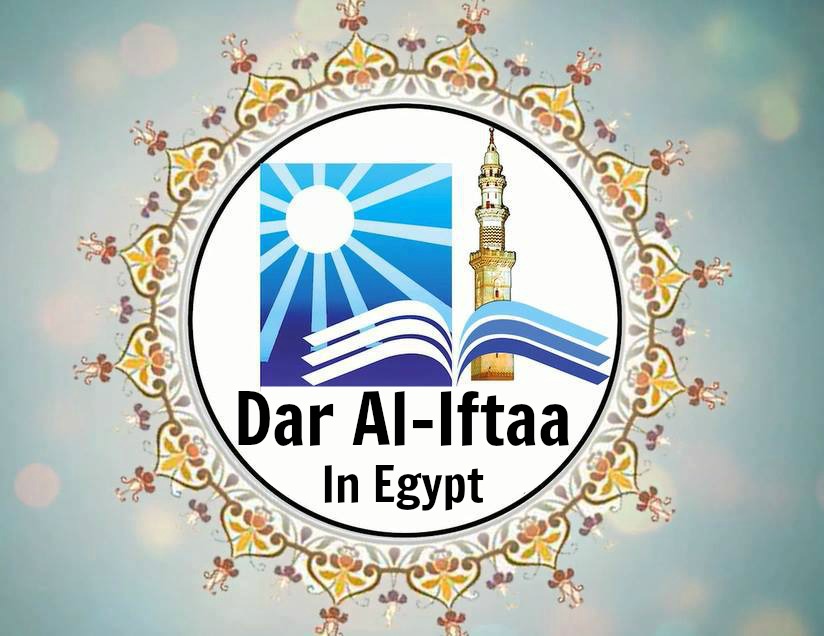Dar al-Iftaa asserts that democracy is not disbelief

In a press statement issued in response to some infidelizing (takfiri) fatwas, Dar al-Iftaa confirmed that the essence of democracy is embodied in the political principles of Islam with regards to choosing the ruler, establishing counsel (shura), enjoining that which is good and forbidding that which is evil, and countering injustice. These principles are considered the heart of Islam and are not disbelief or repugnant acts as some claim. Islam preceded democracy in determining the foundations upon which the core of democracy is based.
In the statement, Dar al-Iftaa asserted that there is no objection in Islam to adopting a theoretical concept or practical resolution from non-Muslims. This is based on the maxim that says, "The word of wisdom is the lost property of a believer, so wherever he finds it, he has a better right to it." Prophet Muhammad (peace and blessings be upon him) adopted the idea of the trench from the Persians and the seal for his letters from kings. 'Umar ibn al-Khattab (may Allah be pleased with him) adopted the systems of public ministry system (dawaween) and taxes [kharaj].
Dar al-Iftaa explained that Islam is concerned with achieving the meaning and substance of democracy while leaving the mechanisms of its application to what suits every age. It added that the democracy sought in Islam is that which does not make the identity and fundamentals of the Muslim community, including beliefs and customs, an object of controversy or invalidation. The Muslim community considers democracy a red line that should not be transgressed. A democracy that does not infringe upon the rights of nations with regards to preserving their beliefs and identities is one that serves Islam and achieves its objectives.
 Arabic
Arabic French
French Deutsch
Deutsch Urdu
Urdu Pashto
Pashto Swahili
Swahili Hausa
Hausa
